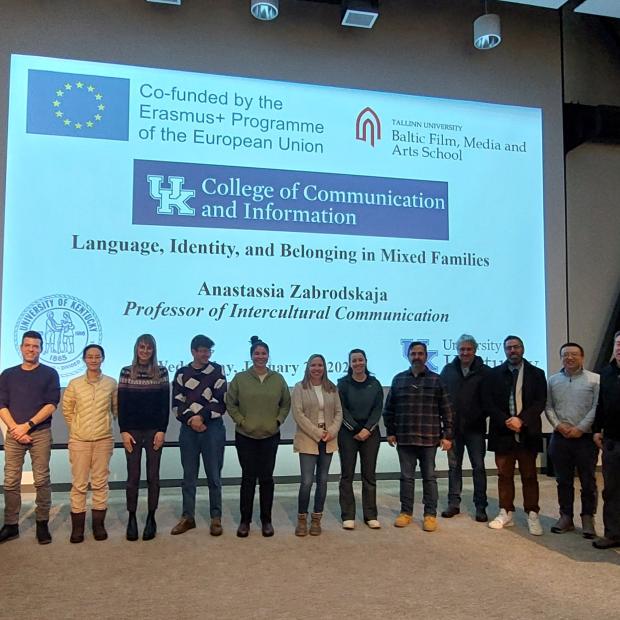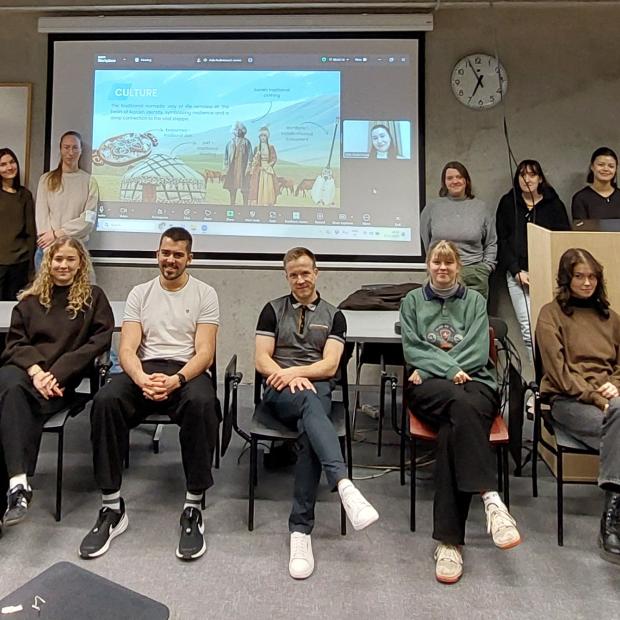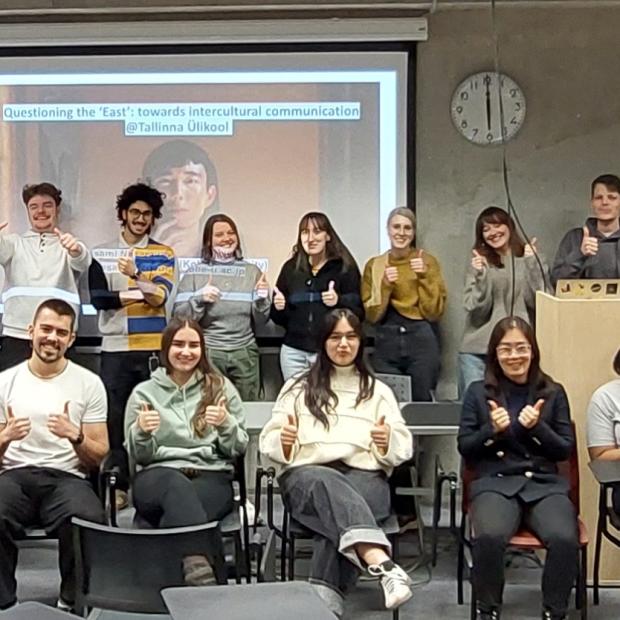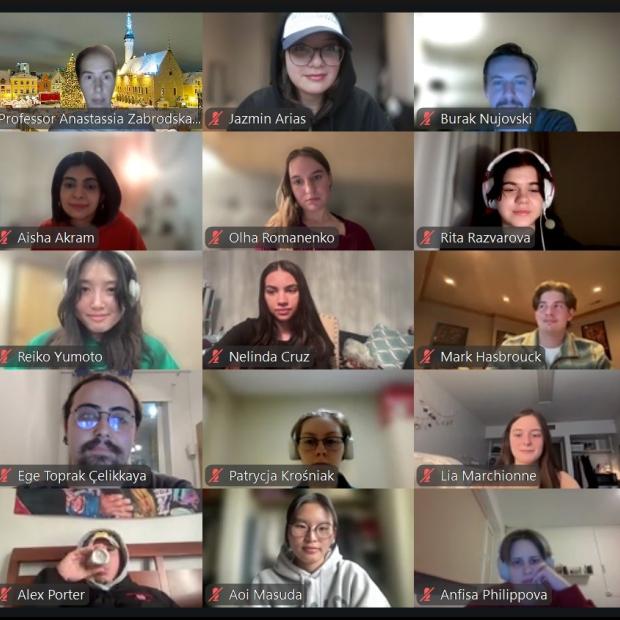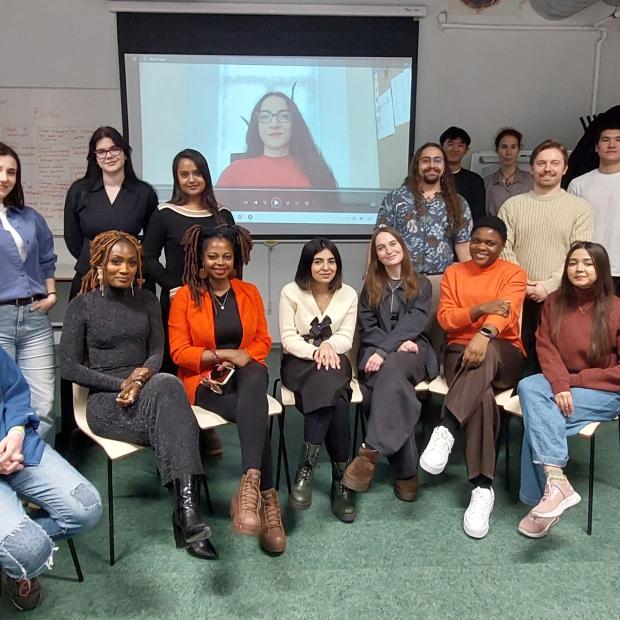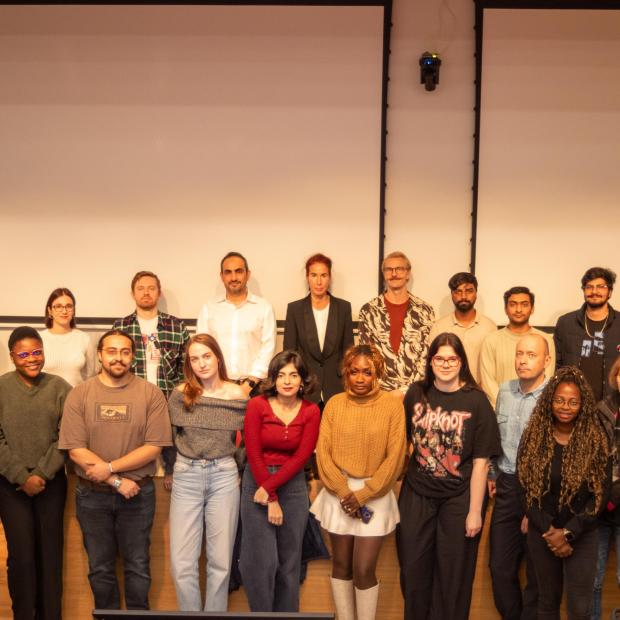Bridging Continents: Professor Anastassia Zabrodskaja's Erasmus+ Exchange at Massey University
In an era where globalization underscores the importance of intercultural understanding, academic exchanges serve as vital conduits for fostering dialogue across cultures. Professor Anastassia Zabrodskaja’s recent Erasmus+ exchange to Massey University in New Zealand exemplifies this mission, showcasing the dynamic collaboration between Tallinn University and Massey University in advancing intercultural communication.
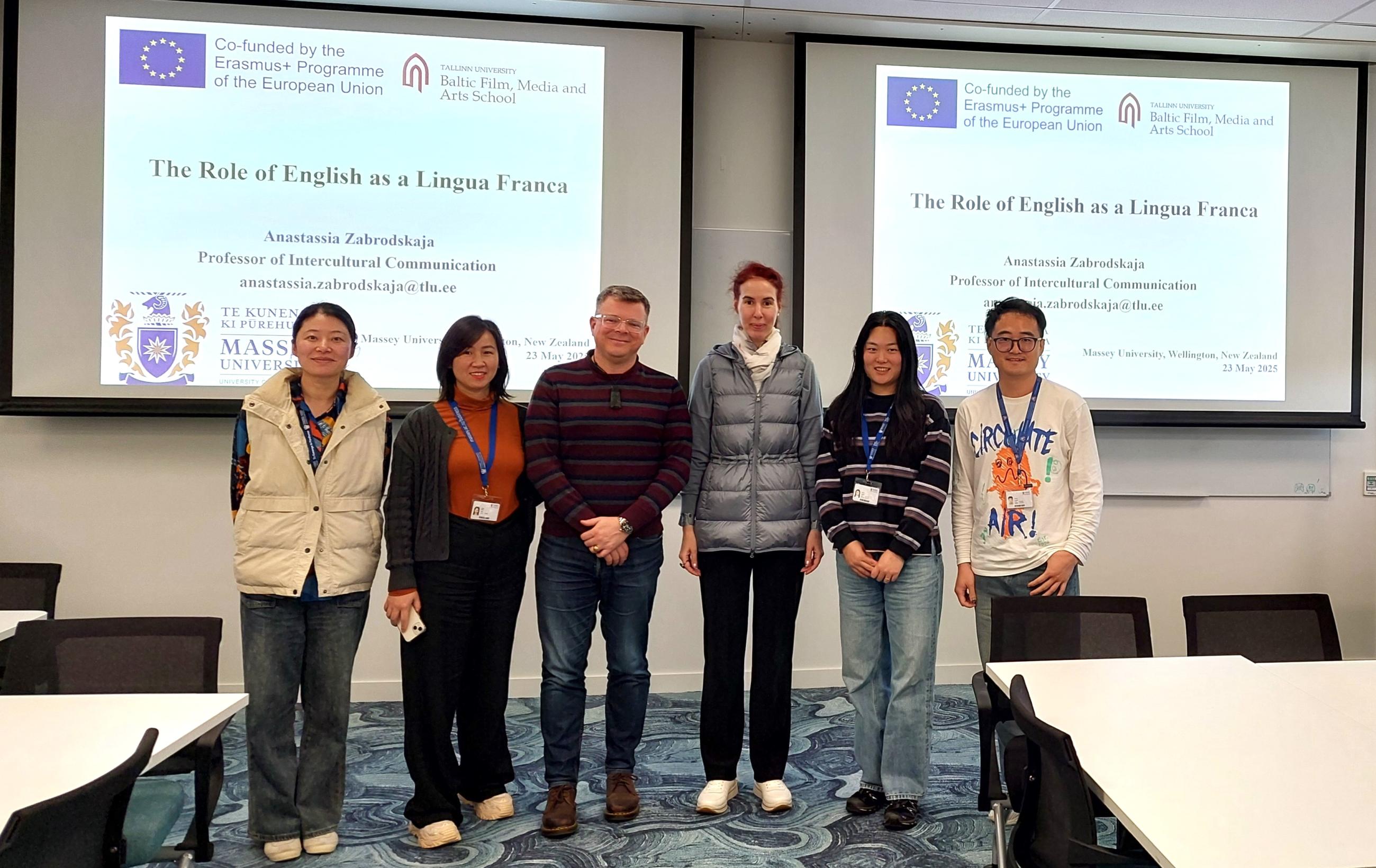
The partnership between the two institutions is anchored in a shared commitment to excellence in intercultural communication. Both universities bring a wealth of experience in teaching and research, enabling a rich exchange of pedagogical practices and scholarly insights. This Erasmus+ mobility project was meticulously designed to promote not only academic collaboration but also cultural and intellectual engagement. During her visit from 16–24 May 2025, Professor Zabrodskaja taught the course Connecting Cultures: Intercultural Communication in a Globalized World, offering Massey University doctoral students valuable European perspectives on intercultural communication and the role of English as a lingua franca in multilingual settings. This cross-cultural exposure broadened students' global outlooks and enhanced their intercultural competencies—essential skills in today’s interconnected world.
A highlight of the exchange was Professor Zabrodskaja’s collaboration with Professor Stephen M. Croucher, a globally recognized scholar in communication studies. Professor Croucher, elected as a Fellow of the International Communication Association in June 2024, is renowned for his influential research on intercultural communication, migrant integration, and communication management. Their joint work focused on the development of research publications addressing pressing global challenges related to intercultural understanding, social inclusion, and communication practices across diverse communities. The collaboration combined Professor Croucher’s expertise in migration and cross-cultural interaction with Professor Zabrodskaja’s insights into language and identity dynamics in post-Soviet and European contexts, resulting in a robust and interdisciplinary research synergy. Beyond the classroom and collaborative research, the exchange placed strong emphasis on immersive cultural engagement. Professor Zabrodskaja participated in campus tours, met with Massey University’s doctoral students, and held in-depth discussions with faculty and administrative staff. These interactions provided a meaningful understanding of each institution’s academic culture, operational structures, and shared dedication to fostering inclusive, globally minded educational environments.
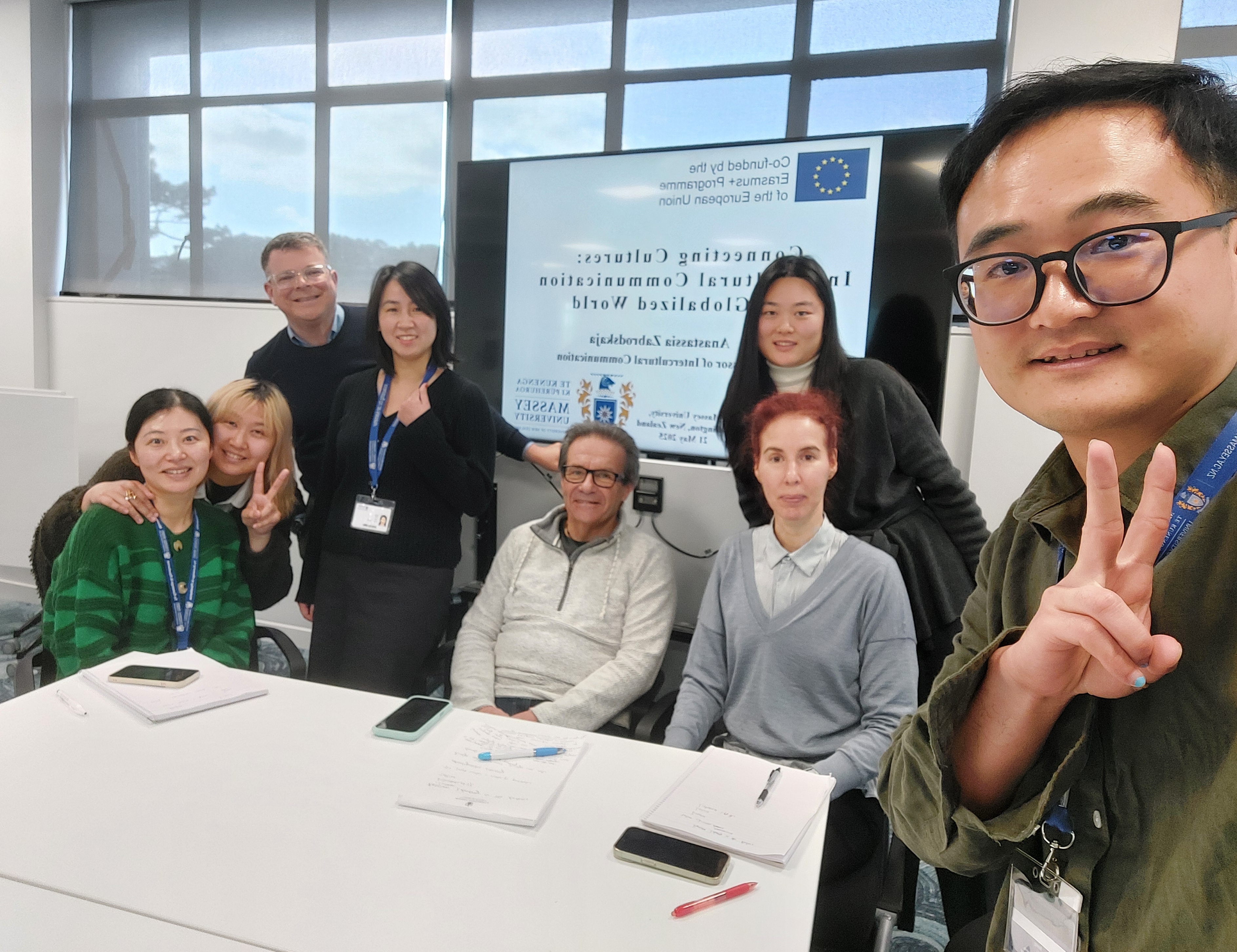
This exchange aligns seamlessly with the internationalization strategies of both universities. Massey University, guided by the principles of Te Tiriti o Waitangi, places a strong emphasis on social inclusivity and the empowerment of minority and international communities, including Māori and Pacific Islander groups. Estonia’s experience with integration programs within the European Union offers valuable comparative insights for Massey’s ongoing work in this area. Notably, this collaboration represents Tallinn University’s first faculty mobility project with a university in the Pacific region, significantly expanding its global footprint and enriching its academic ecosystem. The impact of this exchange extends well beyond the immediate participants. It enabled the sharing of best practices, fostered collaborative research, and supported the development of innovative teaching methodologies. These outcomes contribute to a broader culture of continuous learning, critical reflection, and academic cooperation. Professor Anastassia Zabrodskaja’s Erasmus+ exchange to Massey University exemplifies the transformative potential of international academic collaboration in cultivating intercultural understanding. By bridging continents and connecting diverse academic cultures, this initiative not only enhances the learning experiences of students and faculty but also supports the larger goal of building a more inclusive and interconnected global academic community.
**
The text is authored by Dr. Anastassia Zabrodskaja, who is a Professor of Intercultural Communication, the Head of the Master’s Program in Communication Management at Tallinn University Baltic Film, Media and Arts School, and the Executive Director of the European Masters in Intercultural Communication (EMICC) teaching and research network.

